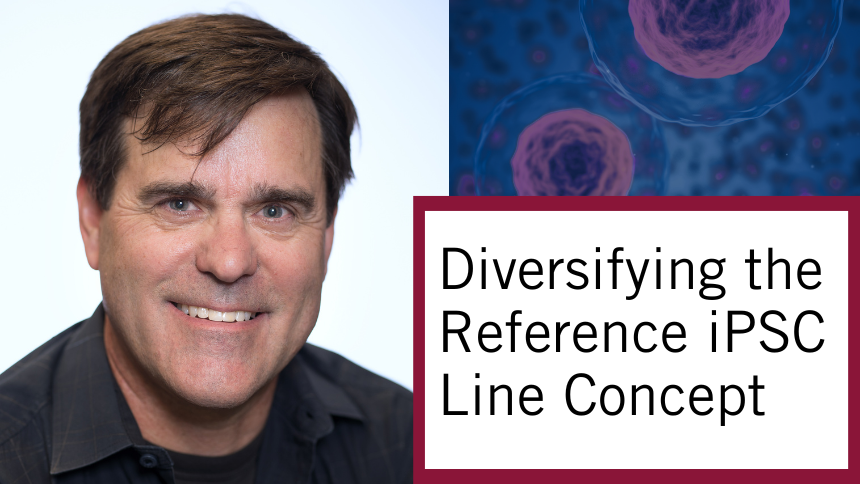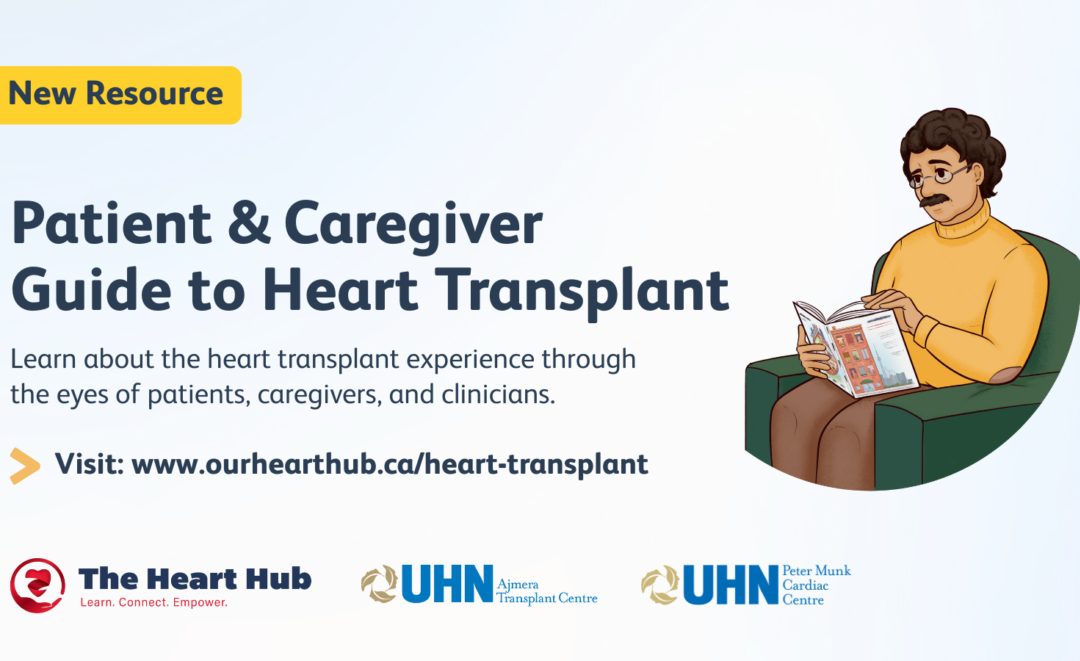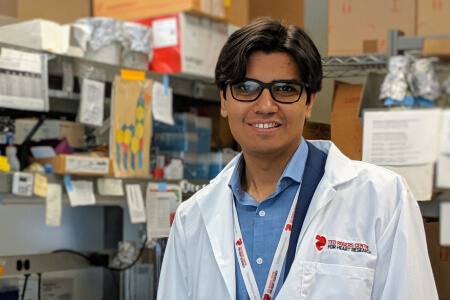By funding a Ted Rogers Chair in Heart Function Outcomes position (held by Dr. Douglas Lee), and leveraging datasets and machine learning, we can visit as-yet unexplored areas where questions persist for heart failure outcomes.
We are, for example, leading studies to better understand the interaction between coronary artery disease (CAD) and heart failure (where there are no clear guidelines for care). We have found that early use of angiography is a valuable tool in diagnosing CAD in acute heart failure and reducing deaths and hospitalizations.
Machine learning allows us to analyze data, bringing pie-in-the-sky ideas to life. One example: using the language patients speak to their care team to help predict outcomes and rehospitalizations. We can analyze what patients say, in depth, and see if it influences admissions to hospital within 30 days. These are missing links in understanding outcomes that have never before been studied.














